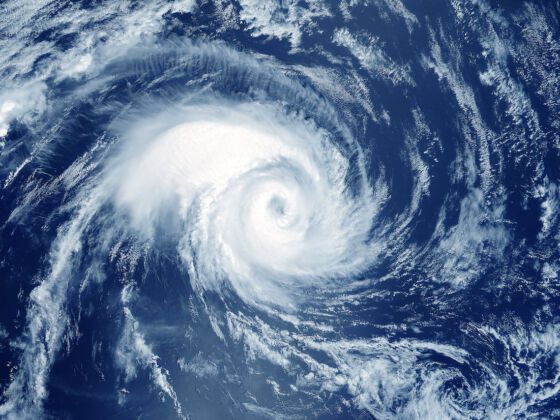WHEN WE TALK ABOUT CLIMATE CHANGE, it’s hard to discuss it in a manner that manages to express the seriousness of the problem without sensationalizing it. There is, after all, no need to incite panic, and scientists as a rule hate to blow things out of context or proportion.
Which is why James Hansen’s new report is such a big deal. The long and short of it is this: the negative effects of climate change may turn out to be much, much worse than we previously thought, and they may happen much faster than we’d originally expected.
